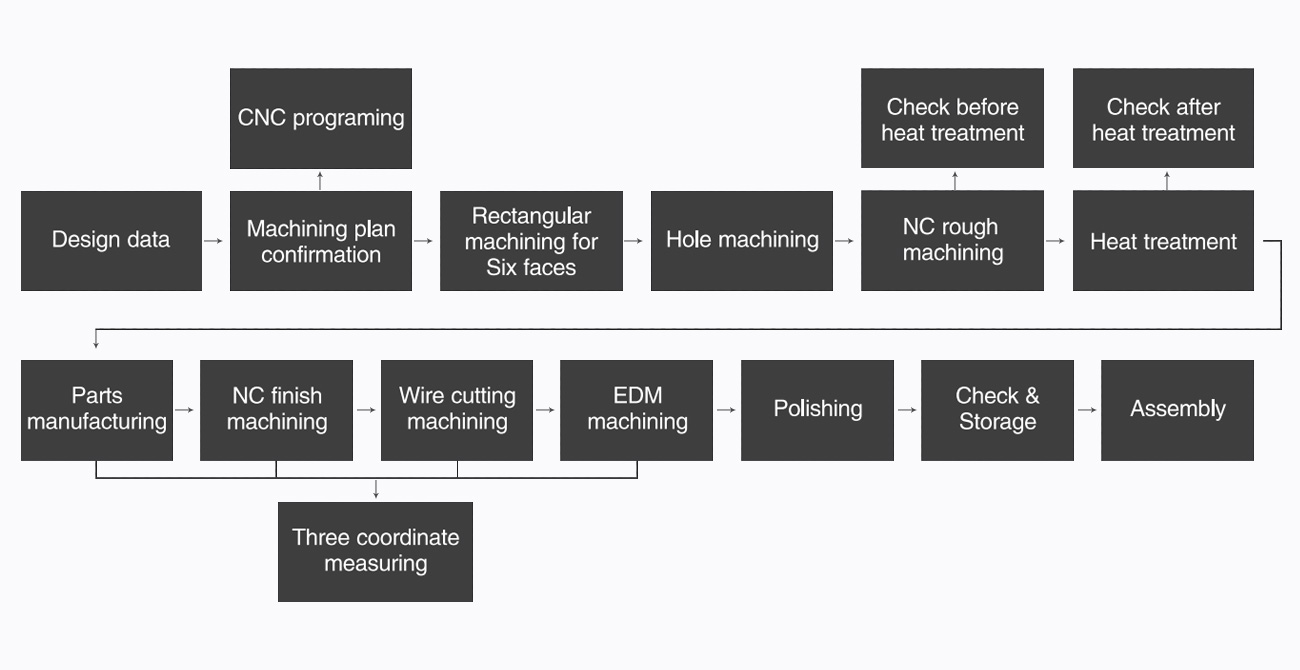Introduce of Automotive Steering Wheel Housing Die Casting Mould
An automotive steering wheel housing die casting mould is a tool used in the manufacturing process of steering wheel housings for automobiles. The mould is designed to create a precise and accurate replica of the steering wheel housing using a high-pressure die casting process.
Die casting is a manufacturing process where molten metal is injected into a mould under high pressure to create a specific shape. In the case of an automotive steering wheel housing, the die casting process involves injecting molten aluminum or zinc alloy into a mould that has been designed to create the exact shape and size of the housing.
The mould itself is typically made of steel and is designed to withstand the high pressure and temperature of the molten metal during the casting process. The mould consists of two halves that are held together by a locking mechanism. When the molten metal is injected into the mould, it fills the cavity and solidifies into the desired shape of the steering wheel housing.
The use of a die casting mould in the manufacturing process of automotive steering wheel housings allows for a high degree of precision and consistency in the final product. It also allows for a high production rate, making it a cost-effective solution for large-scale manufacturing.
Overall, the automotive steering wheel housing die casting mould is an essential tool in the production of high-quality steering wheel housings for automobiles.
Advantage of Automotive Steering Wheel Housing Die Casting Mould
The automotive steering wheel housing die casting mould offers several advantages, including:
High strength and durability: Die-cast parts are stronger and more durable than other types of molded parts. This makes them ideal for automotive steering wheel housings, which need to withstand significant stress and strain.
Precision and accuracy: Die casting allows for high precision and accuracy, resulting in parts that are very close to the desired shape and size. This ensures that the steering wheel housing fits perfectly and functions effectively.
Cost-effective: Die casting is a highly efficient and cost-effective manufacturing process. It allows for mass production of complex parts at a relatively low cost.
Faster production: Die casting allows for faster production compared to other manufacturing processes. This is because the molten metal is injected into the die, which quickly solidifies into the desired shape.
Reduced waste: Die casting produces less waste compared to other manufacturing processes. This is because the excess metal can be recycled and used in future production.
Overall, the use of automotive steering wheel housing die casting moulds offers significant advantages in terms of strength, durability, precision, cost-effectiveness, speed of production, and waste reduction.
 EN
EN 


















